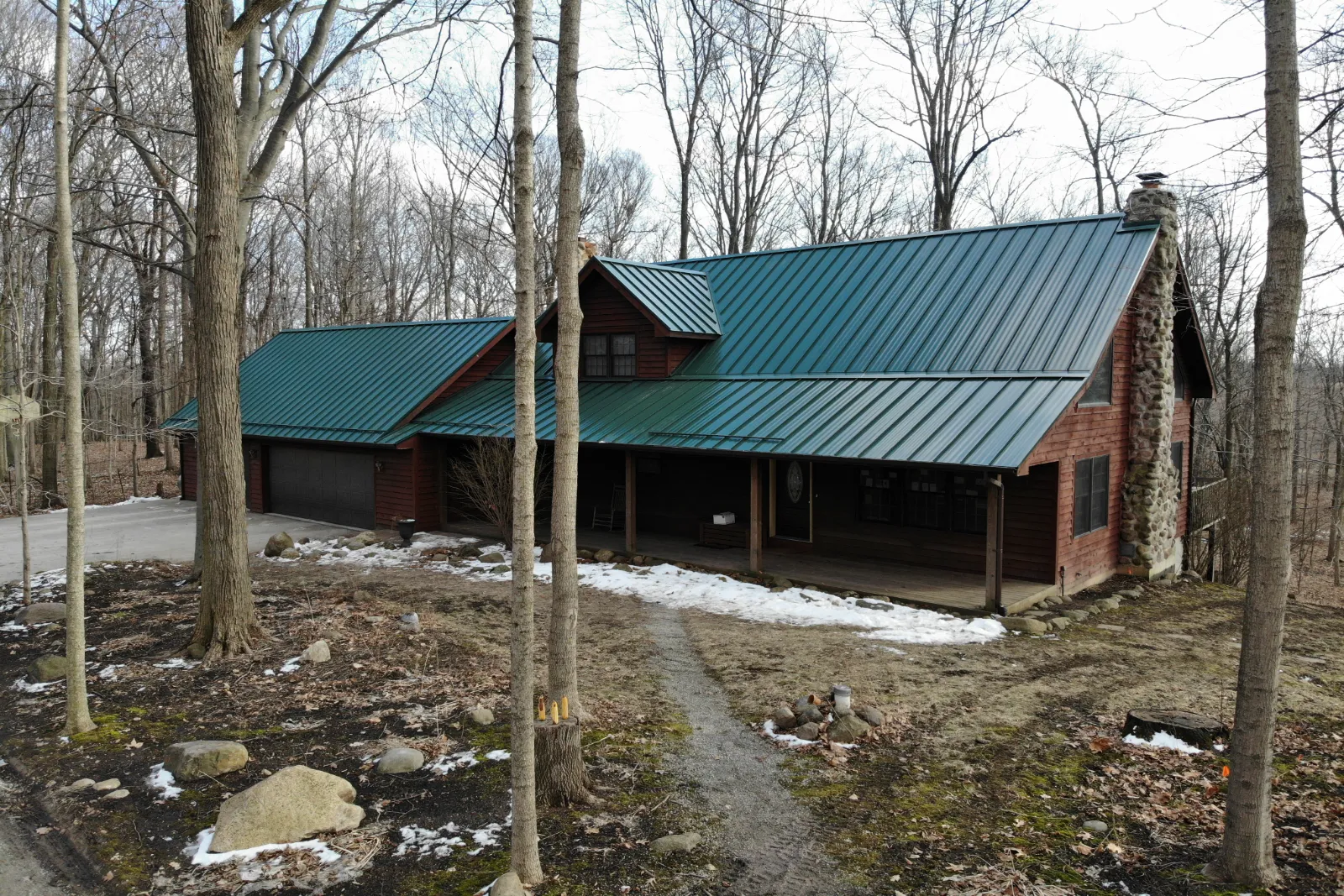Introduction to Aluminum Metal Roofing
Aluminum, a lightweight and silvery-white metal, stands as the third most abundant element on Earth, contributing to over 8% of the Earth’s core mass. Unlike its popular perception, aluminum doesn’t naturally occur in its metallic form. Instead, its compounds, predominantly aluminum sulfates, are omnipresent in various rocks, plants, and animals.
Historical Context of Aluminum
The production of aluminum became feasible in the 19th century when scientists harnessed electricity to dissociate chemical compounds into their elemental forms. The Danish physicist, Christian Oersted, utilized electrolysis to procure aluminum, a method that remains integral to its production today.
Aluminum in Various Industries
Aluminum’s versatility is evident in its widespread application across multiple sectors:
-
Transportation: From cars to aerospace and locomotives.
-
Packaging: Think beverage cans and containers.
-
Construction: Roofing materials, claddings, and railings, to name a few.
-
Electronics: Electrical wires and household appliances.
Aluminum in Roofing: Key Characteristics
When it comes to metal roofing, the thickness of aluminum sheets and coils is paramount. For instance:
-
Residential roofing often employs .032” or .030” thickness.
-
Commercial roofing leans towards .040” thickness.
-
Copings or caps typically use .050” or .063”.
Given its resilience, aluminum is apt for various environments, be it coastal regions, hurricane-prone areas, places with heavy rainfall or snow, or high-temperature zones.
Common Applications of Aluminum Roofing
-
Coastal structures such as hotels, homes, and boathouses.
-
Commercial infrastructures like hospitals, schools, and government buildings.
-
Residential projects encompassing single-family homes, multi-family residences, and condominiums.
-
Architectural and industrial structures.
Unique Properties of Aluminum
Self-Healing & Absence of Red Rust
Unlike steel, aluminum doesn’t succumb to red rust. When corroded, it forms a protective oxide film, enhancing its longevity, especially in corrosive environments like coastlines.
Coastal Compatibility
Aluminum’s resistance to corrosion, especially in saltwater environments, makes it the preferred choice for coastal installations. Regions like the Caribbean Islands, Atlantic coastline, Gulf Coast, and Pacific Coast predominantly use aluminum roofing.
Warranty Assurance
Aluminum roofing systems come with an array of warranties, ensuring the longevity and quality of the product. For instance, 4Ever Metal Roofing offers comprehensive warranties, ensuring customers of the product’s durability and performance, especially for metal roofing services in Carmel IN.
Sustainability
With a growing emphasis on eco-friendly construction, aluminum’s high recyclability makes it a favorite. Approximately 95% of aluminum roofing systems globally are crafted from recycled aluminum.
Lightweight Advantage
Aluminum’s lightweight nature eases its transportation and installation, reducing stress on building structures. This property also benefits contractors using portable rollforming machines.
Color Versatility
Aluminum roofing products offer a plethora of color options, ensuring aesthetic appeal without compromising on quality.
Considerations for Aluminum Roofing
While aluminum offers numerous advantages, it’s essential to be aware of its limitations:
-
Malleability: Aluminum’s soft nature makes it prone to dents during and
post-installation.
-
Cost: Aluminum roofing can be pricier than its counterparts.
-
Thermal Movement: Aluminum’s expansion and contraction rate is double that of steel, necessitating adequate space during installation to accommodate thermal movement.
Conclusion
Aluminum roofing, with its myriad advantages, is an excellent choice for various applications. Whether you’re considering commercial metal roofing in Carmel IN or seeking the best metal roof installers in Carmel IN, it’s crucial to make an informed decision. At 4Ever Metal Roofing, we prioritize customer education, ensuring you choose the right material for your project. Reach out to our metal roofing specialists for insights on aluminum and other metal roof types.

